I have recently begun experimenting with SDR and have been using the GNU Radio platform.
More specifically the 'gnuradio-companion' graphical interface.
I have a need to determine a 4 quadrant arcTangent function and have run into some trouble. Within a 'GRC' file I have been able to successfully evaluate an ATAN function but, although python supports ATAN2, I have not been able to figure out how to implement this function.
I have read that there is a lookup table function included in GNU Radio called fast_atan2f but I do not know if this is accessible from within the blocks contained in the standard gnuradio-companion setup. I was able to access the python expression 'math.atan2(arg1,arg2)' from within a constant source block but I don't need this as a constant value, I'm looking for a block with two floating point inputs (or a single complex input) that will fit within a flow graph to properly evaluate the ATAN2 function.
I have included a sample 'GRC' file that may help to illustrate the issue in case my description is unclear.
